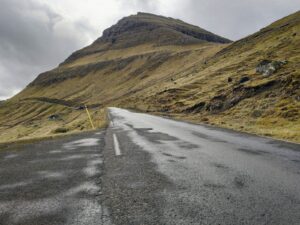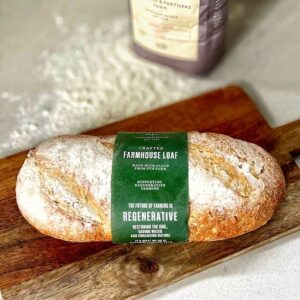The plan to cut 30% of catering emissions by 2025
A scheme aimed at slashing around one third of scope 3 greenhouse gas output within the catering industry has been launched by Dynamify, a leading provider of tech to the sector, and sustainability software specialist Klimato.
Together, the two firms have developed the UK’s first digital carbon labelling system. This allows organisations to track, manage and reduce footprints directly, and has so far helped clients cut emissions by 16% within the past 12 months alone.
The system essentially combines Dynamify’s existing ordering system, which is used by a large number of contract caterers, restaurants, dark kitchens, and food and beverage retailers, and integrates Klimato’s carbon labelling. Running an analysis on the platform then presents a clear picture of ‘carbon hotspots’ within orders, and makes it easy to adjust in a bid to avoid flashpoint products and instead opt for alternatives with less of a footprint.
‘In sites that Dynamify and Klimato are already operating within, we’ve seen a 23 per cent reduction in their carbon footprint in just 18 months. Therefore, we’re confident in our 30% carbon reduction forecast having combined the two services, thanks to rolling carbon labelling out to more ordering channels,’ said Maxwell Harding, Dynamify’s founder.
‘The ongoing climate emergency, and events such as the record heat, has prompted more businesses to responsibly accelerate their march towards the UK’s net zero target by 2050,’ he continued. ‘By introducing digital carbon labelling, we expect food service providers and retailers to change their product offering as consumer awareness grows and as demand for more sustainable products increases.’
In May, Environment Journal asked ‘does Britain really want carbon footprint food labelling‘ following a study by the Vegetarian Society showing more than half of all adults would choose to eat more sustainably with clearer labelling. A month earlier, we ran a story on how AI-software had prevented enough food waste to feed the city of Durham for a year from being thrown away over a 12 month period of time. Currently, around 1/3 of the planet’s entire food supply chain goes to waste.
More on carbon labelling:
Carbon labelling is successful in reducing emissions, study suggests
Image: Aneta Pawlik















